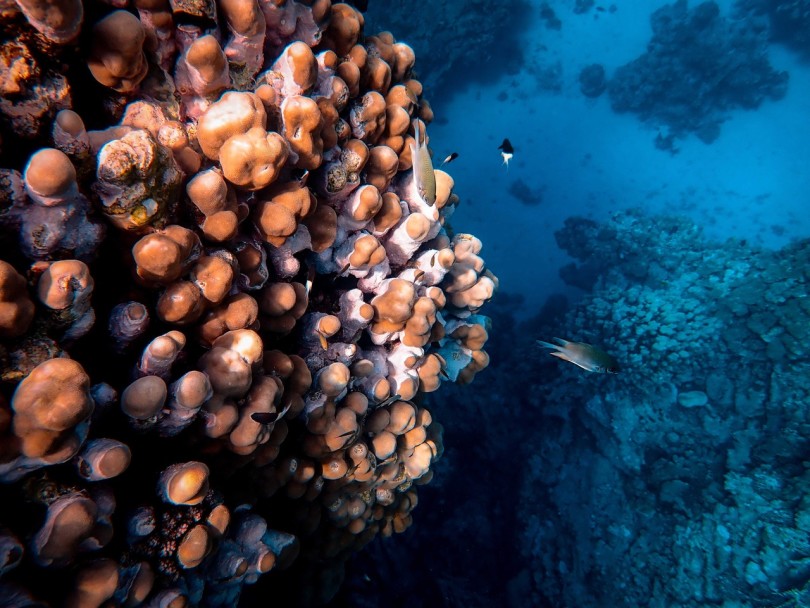Why Is the Gulf Attracting Climate Tech Businesses?
28 Jun 24
Enviro ChatThe Global News Source for the World of Science and Chemicals
02 August 2020
Lab Chat
A team of divers are helping to stimulate life in the depths of the water surrounding the Emirati coast. Led by the Fujairah Adventure Centre, the project involves removing coral from a living reef, cutting it into pieces and then “planting” it once more to create an artificial reef in areas that have seen their biodiversity suffer in recent years.
Coral reefs are a vital habitat for thousands of species of marine organisms, meaning they are crucial to the food chain. Additionally, they can also act as breakwaters for tidal currents near shorelines and attract tourism, boosting the local economy. Over the last two decades, however, coral reefs across the world have been under threat and in retreat from a multitude of anthropogenic issues.
Coral reefs are complicated ecosystems which have developed over a period of millennia. However, all of that subtle evolution is in danger of being undone within a matter of years, as manmade activity has threatened their ongoing existence. Global warming does not just affect temperatures on land, but below the waves too. Incremental increases in sea temperatures have caused coral bleaching on a mass scale, which effectively kills off the coral and discourages other animals from residing in its vicinity.
Meanwhile, excessive pollution of our seas and oceans is another factor in the decline of coral reefs. Recently, the highest levels of microplastic content were discovered on the floor of the Mediterranean Sea, signifying that the problem is becoming worse, not better. Land reclamation is yet another factor contributing to the plight of the corals and without drastic action, their ongoing survival – as well as that of the myriad other lifeforms they support – could be thrown into jeopardy.
Cognisant of the precarious nature of the coral reefs in the vicinity of the UAE coastline, the Fujairah Adventure Centre have taken affirmative action to help. In the last 12 months, they have planted over 9,000 corals in an area covering about 600 square metres. And their ambitions for the future are set at a high bar – the goal is to plant more than 1.5 million more corals across an area of 300,000 square metres by 2025. That represents a huge scaling-up of the current project.
If successful, the venture will stimulate biodiversity in the region and spark a resurgence not only of the coral reefs themselves, but also a dazzling spectrum of different marine organisms. However, it’s likely to be at least 10 or 15 years before any tangible changes will be discernible, say the experts. “This is a programme that is going to take a considerable amount of time before it is able to demonstrate efficacy in terms of rehabilitating a coral reef,” explained John Burt, a marine biologist currently employed at the Abu Dhabi campus of New York University.
DOWNLOAD PDF

2 Day Seminar Program
@ ArabLab+ 2024
24 & 25 September 2024
Your stay in Dubai
Labkit
Product News
Chemkit
Product News
Thinking about exhibiting at ARABLAB 2024? Watch our video to find out more.
Join the world’s leading organisations…
Join our mailing list and receive the ARABLAB newsletter and event updates.